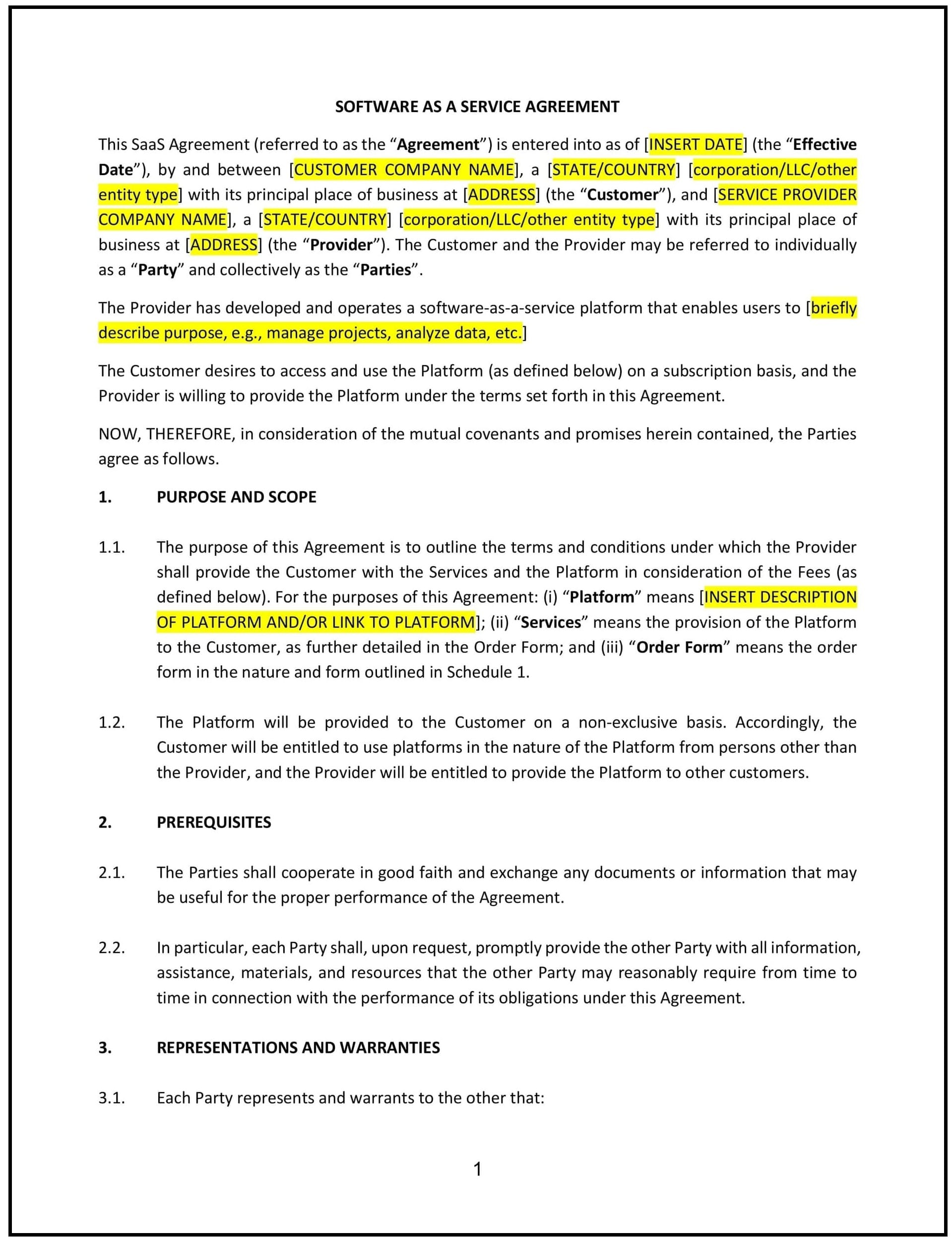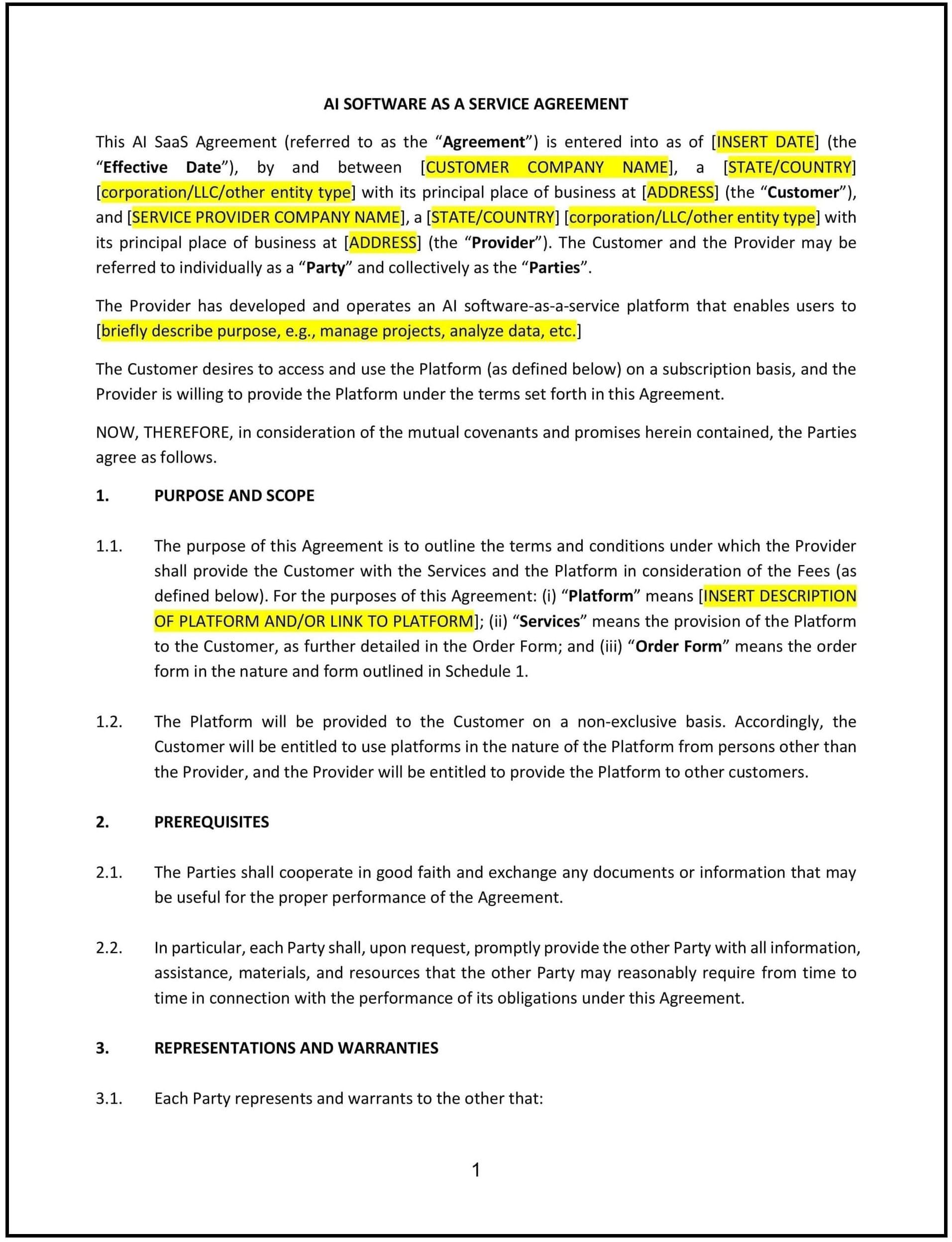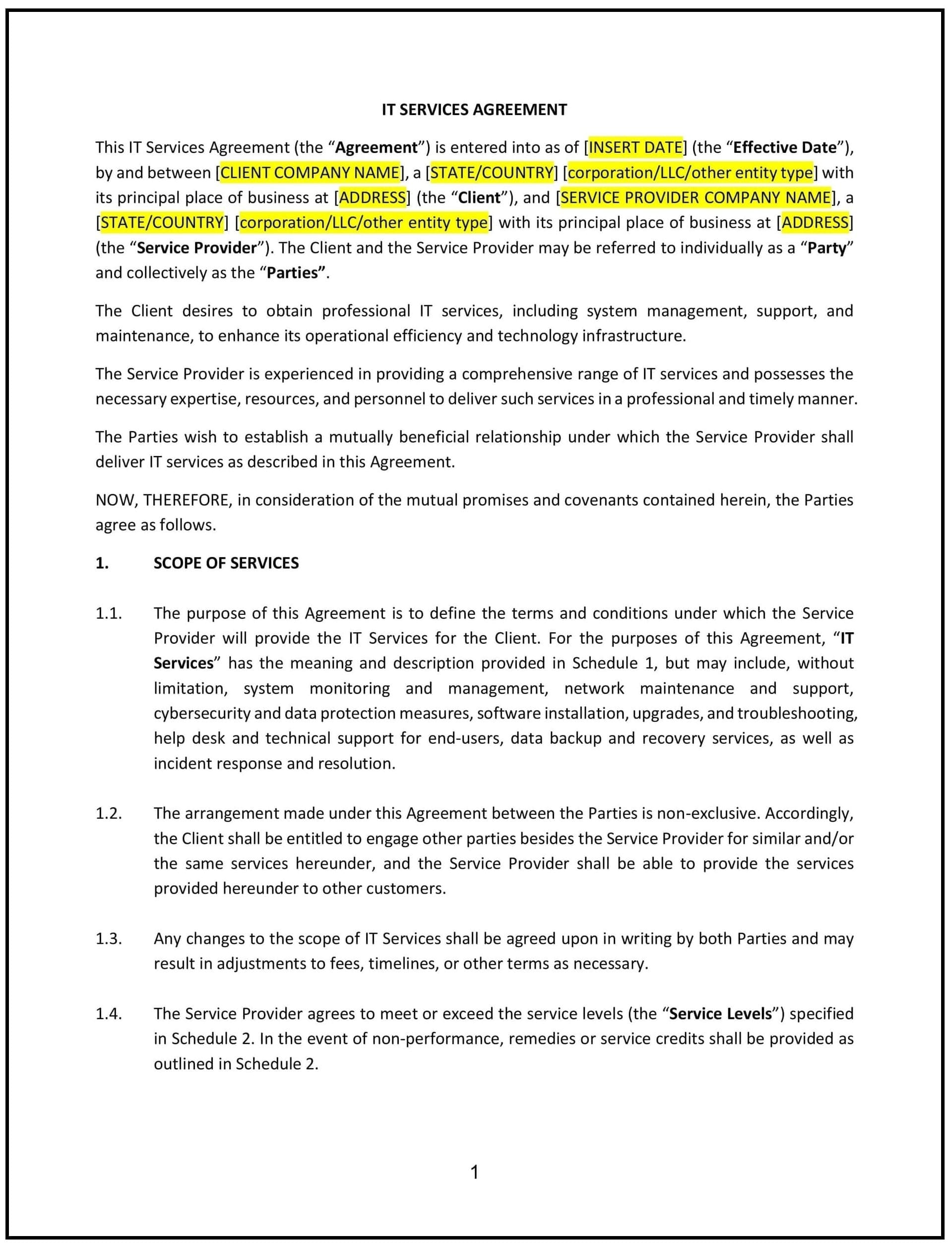Sponsorship Agreement (Massachusetts): Free template
Sponsorship Agreement (Massachusetts)
A Sponsorship Agreement is a legal contract between a sponsor (the "Sponsor") and an individual, organization, or event (the "Sponsored Party"), where the Sponsor provides financial support, goods, or services in exchange for promotional benefits. In Massachusetts, this agreement must comply with state laws regarding contracts, advertising, intellectual property, and consumer protection. A well-drafted agreement ensures clarity, minimizes disputes, and protects both parties' interests.
For example, a local business in Boston might enter into a Sponsorship Agreement with a nonprofit hosting a community festival in Cape Cod. A clear agreement specifies sponsorship deliverables, payment terms, promotional obligations, and other critical details.
Tips for drafting and maintaining a Sponsorship Agreement in Massachusetts
- Identify the parties: Clearly specify the names, contact information, and roles of both the Sponsor and the Sponsored Party.
- Example: “This Sponsorship Agreement is entered into by [Sponsor Name], located at [Address], and [Sponsored Party Name], located at [Address].”
- Define the sponsorship scope: Outline the specific goods, services, or financial contributions provided by the Sponsor.
- Example: “The Sponsor agrees to provide $[Amount] in financial support and/or [Description of Goods/Services] to the Sponsored Party for [Event/Project Name].”
- Specify promotional benefits: List the promotional benefits the Sponsored Party will provide to the Sponsor, such as logo placement, social media mentions, or speaking opportunities.
- Example: “The Sponsored Party shall display the Sponsor’s logo prominently on all event materials, including banners, flyers, and digital platforms.”
- Address timelines and milestones: Detail the schedule for sponsorship activities, including deadlines for payments, deliverables, and promotional obligations.
- Example: “The Sponsor shall provide the agreed-upon sponsorship funds no later than [Date], and the Sponsored Party shall fulfill promotional obligations by [Date].”
- Include exclusivity provisions: Clarify whether the Sponsor has exclusive rights within a specific industry or category.
- Example: “The Sponsored Party agrees not to accept sponsorship from any other businesses in the [Industry/Category] during the term of this agreement.”
- Add intellectual property provisions: Clarify ownership of intellectual property, such as logos, trademarks, or content created during the sponsorship.
- Example: “All intellectual property rights related to the Sponsor’s branding materials shall remain the exclusive property of the Sponsor.”
- Include liability and indemnification: Clarify each party’s liability in case of errors, damages, or breaches of the agreement.
- Example: “The Sponsored Party shall indemnify and hold harmless the Sponsor from any claims arising out of the Sponsored Party’s actions or omissions.”
- Include a termination clause: Specify conditions under which the agreement can be terminated by either party.
- Example: “This agreement may be terminated by either party with [Number] days’ written notice if the other party fails to fulfill its obligations.”
- Outline governing law and jurisdiction: Ensure the agreement specifies that it is governed by Massachusetts law and identifies the appropriate courts for dispute resolution.
- Example: “This agreement is governed by the laws of the Commonwealth of Massachusetts. Any disputes arising under this agreement shall be resolved in the courts of [County], Massachusetts.”
- Include signatures: Both parties must sign and date the agreement to make it legally binding.
- Example: “IN WITNESS WHEREOF, the parties have executed this Sponsorship Agreement as of the date first written above.”
Frequently asked questions (FAQs)
Q: What happens if the Sponsored Party fails to provide the agreed-upon promotional benefits in Massachusetts?
A: The Sponsor may seek compensation, terminate the agreement, or pursue legal action for breach of contract. Clear promotional obligations in the agreement help prevent disputes.
Q: Can the Sponsor request changes to promotional materials in Massachusetts?
A: Yes, the agreement should include a provision allowing the Sponsor to review and approve promotional materials before they are published or distributed.
Q: How are disputes resolved under Massachusetts law?
A: Disputes are typically resolved through negotiation, mediation, or litigation, depending on the terms of the agreement. Including a dispute resolution clause can streamline this process.
Q: What happens if the Sponsored Party cancels the event or project in Massachusetts?
A: The agreement should outline refund policies or alternative arrangements, such as transferring sponsorship to a future event or project.
Q: Are exclusivity clauses enforceable in Massachusetts?
A: Yes, exclusivity clauses are enforceable in Massachusetts, provided they are reasonable in scope and duration. They protect the Sponsor’s investment and ensure competitive advantages.
Q: Can the Sponsored Party use the Sponsor’s logo without consent in Massachusetts?
A: No, unless explicitly permitted in the agreement. Unauthorized use of the Sponsor’s intellectual property may constitute a breach of contract.
This article contains general legal information and does not contain legal advice. Cobrief is not a law firm or a substitute for an attorney or law firm. The law is complex and changes often. For legal advice, please ask a lawyer.


